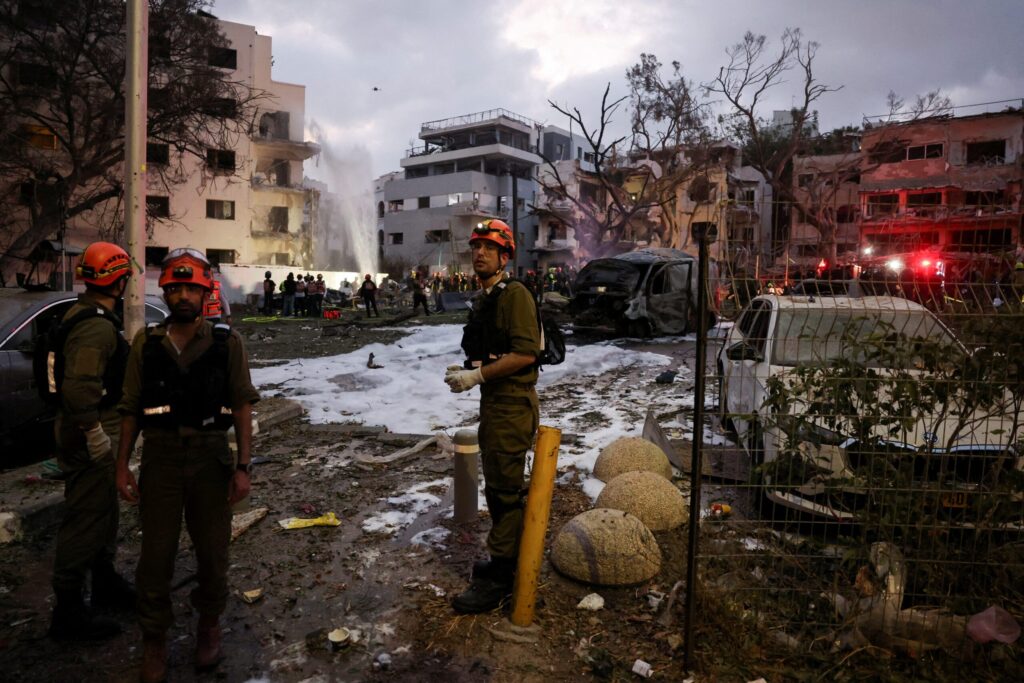Energy sector jumps
Strait of Hormuz concerns
UAE stock markets recovered some ground on Monday after a sharp decline late last week, as investors re-bought property, industrial and energy shares despite acute geopolitical tensions in the Middle East.
Israel and Iran have exchanged strikes for a fourth consecutive day, targeting infrastructure and causing civilian casualties in what could be the beginnings of a wider regional conflict.
Dubai’s benchmark index rose 0.8 percent in early trade, recouping some of its losses from Friday’s 1.9 percent drop after Israel attacked Iranian nuclear energy, military and civilian targets.
The attack, which Israel described as the start of a prolonged campaign, triggered a sharp sell-off in UAE real estate stocks.
Emaar Development, a subsidiary of Dubai market bellwether Emaar Properties, rose 2 percent on Monday, rebounding from Friday’s 3.9 percent decline.
Emaar Properties retreated further, slipping 0.4 percent, but smaller rival Union Properties rose 3.6 percent.
The real estate sector index climbed 1 percent to recoup some of Friday’s losses.
Dubai’s biggest gainers were small and mid-cap stocks, which are usually traded only by retail investors. That suggests institutional investors are wary of committing more money to the market.
The emirate’s index is up 4.8 percent this year although it has retreated from last week’s 17-year peak.
Abu Dhabi’s index rose 0.4 percent in Monday trade, supported by an 11.3 percent surge in Ghitha Holding, International Holding Co’s (IHC) trading and food subsidiary, plus gains in Multiply Group and Adnoc Gas.
IHC, the largest company on Abu Dhabi’s bourse by market capitalisation, climbed 0.2 percent.
Oil remains hugely important to Abu Dhabi’s economy. Brent crude has surged 10.5 percent in the past five days due to worries about the impact of the Iran-Israel war on global supplies.
“Geopolitical volatility in the Middle East has sharply escalated as direct conflict between Israel and Iran raises concerns over the security of the Strait of Hormuz, a chokepoint for 20-30 percent of global oil shipments,” Iridium Advisors said in a research note.
“The coming week will be important in showing whether these disruptions become more immediate, especially if there is further escalation or broader international conflict involvement.
“Under these circumstances, it is expected that regional equity markets will remain under pressure, particularly in energy, shipping and trade-related sectors.”
No major disruptions to global oil flows or shipping routes have occurred, Christian Gattiker, head of research at Julius Baer, said.
“Oil prices surged last week but have since stabilised, and while equities softened and volatility rose, defensive sectors, gold and energy outperformed as expected,” he said.
“The key for investors is not just whether the conflict continues, but whether it intensifies in scope or duration.
“Without a rapid broadening, the market is unlikely to reprice beyond the initial risk premium. Until then, it remains a tactical rather than strategic event, offering a good excuse for traders to take profits and reassess positioning.”



